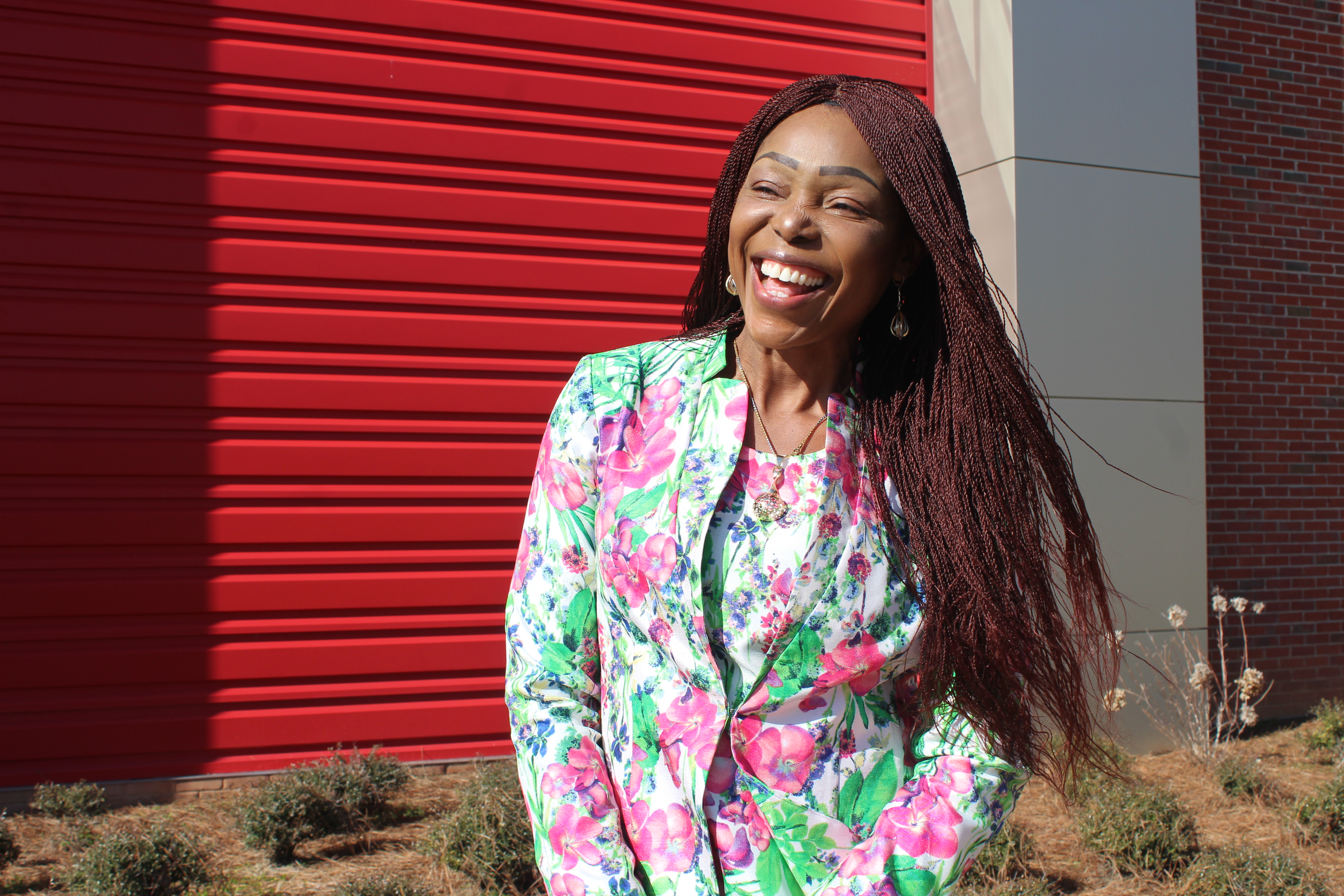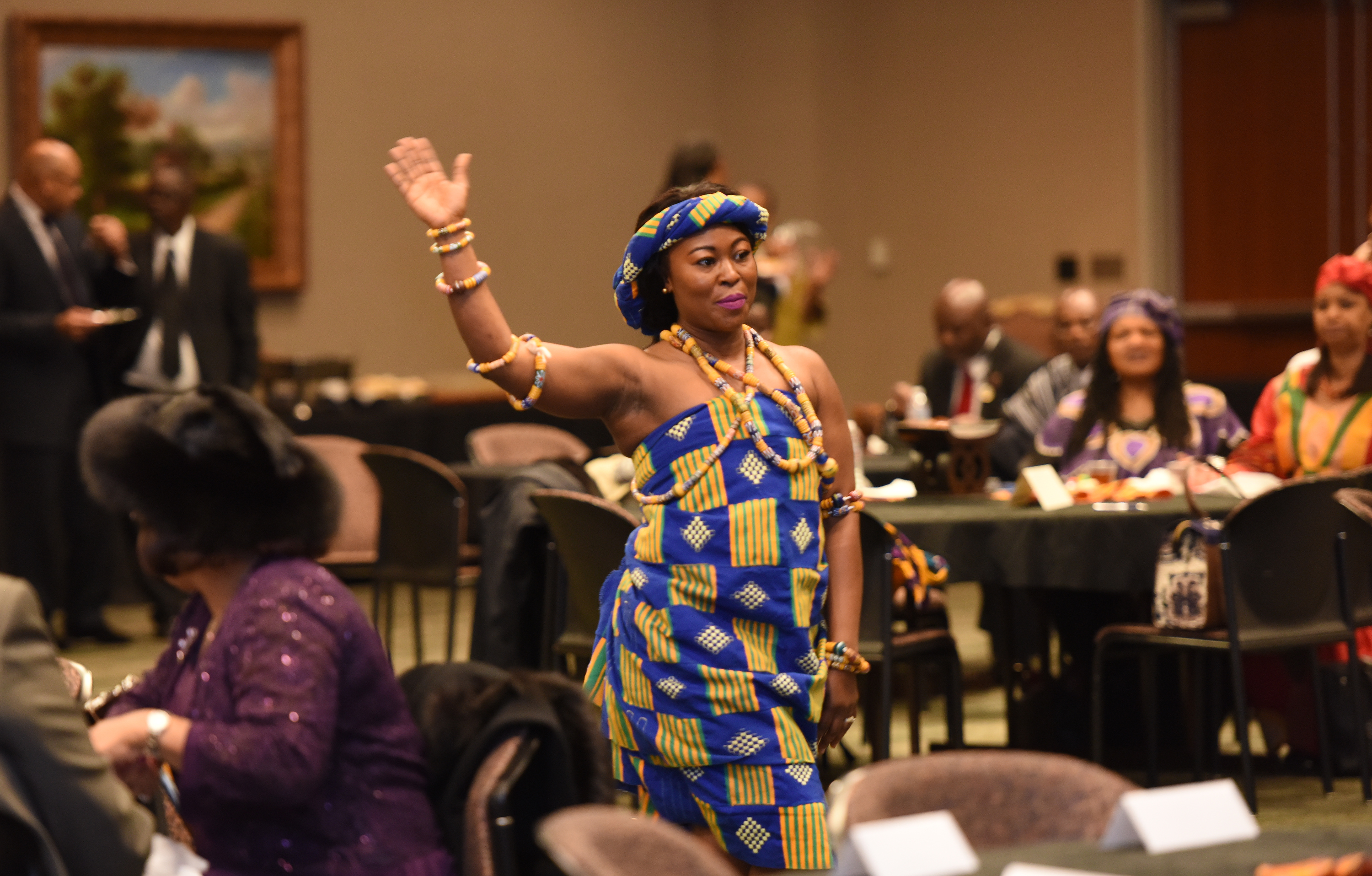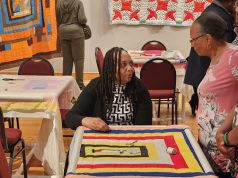
By Ariel Worthy
The Birmingham Times

Misconceptions about Africa continue to persist, say those who have actually lived on the continent.
“[People] think that all Africa is a village or all Africans are poor. No. There are Africans who can buy all of Birmingham if they want to,” said Ophelia Acquah, member of the Ghana Committee for the Birmingham Sister Cities. “You have the poor, but if our resources were managed well by our leaders, [Africans] could have the most powerful and strongest continent in the world.”
It’s offensive and ignorant when people ask if people in Africa live in jungles.
“When Americans come to Africa, we don’t ask them, ‘Do you live on the street?’” Acquah said. “We see homeless people on the street on the news during the winter, but when they come [to Africa] we don’t ask if they live on the street. When [people from Africa] come to the States, the first thing some people ask is, ‘Are you from the jungle?’ ‘Do you have clothes?’ ‘Do you live in trees?’ This is not from children, either. Grown people ask these ignorant questions.”
And, no, wildlife does not roam freely in Africa, said Oluchi Elechi, a physical education teacher at Jonesboro Elementary School in Bessemer.
“The first time I saw a monkey it was in America at a zoo,” said the Nigerian native. “I’d never seen a monkey before in my country. I’d never seen a squirrel until I got here. In my country, we don’t have trees. You cannot plant a tree unless it bears fruit. … If you want to plant a tree in front of your house, it has to bear fruit that you can eat: mango trees, almond trees, those are the kind of trees you see.
“There are more woods [in America] than in Nigeria. Nigeria is [about the size] of Texas. That’s how small it is, but about 182 million people live in our nation. That kind of land mass, but with 182 million people? We don’t have room for trees.”
Few understand the importance of culture in Africa, Acquah said.

“People from Africa have a strong [sense of] community,” she said. “We are people who embrace other cultures. We adjust to make everybody feel at home. We give people the freedom to be whoever they are no matter what country they come from. It’s not like America, where everybody expects you to drop your culture and pick up their culture. You can go [to an African country] and nobody will force you to learn their language; they will learn English to communicate with you. … We easily adapt to other cultures.”
Most who visit Africa fall in love with the continent.
“If black people go to Africa, they probably wouldn’t come back,” Acquah said. “… If they went there, they would love it.”



